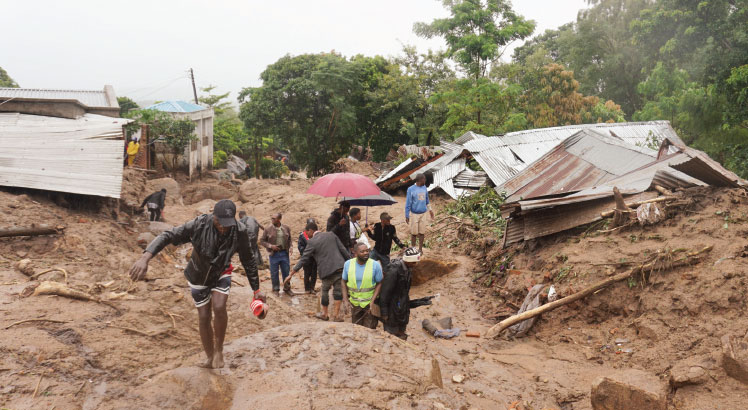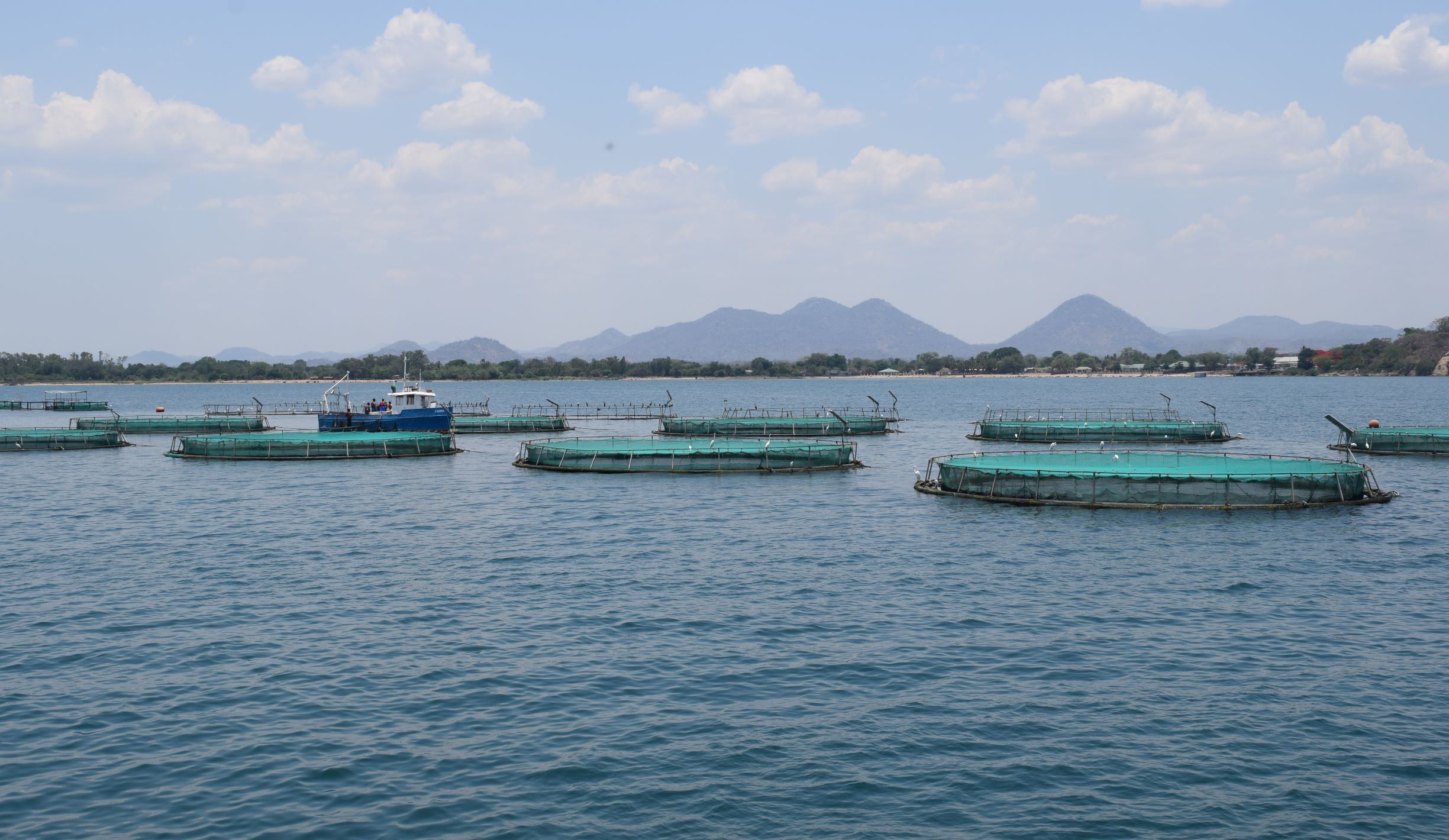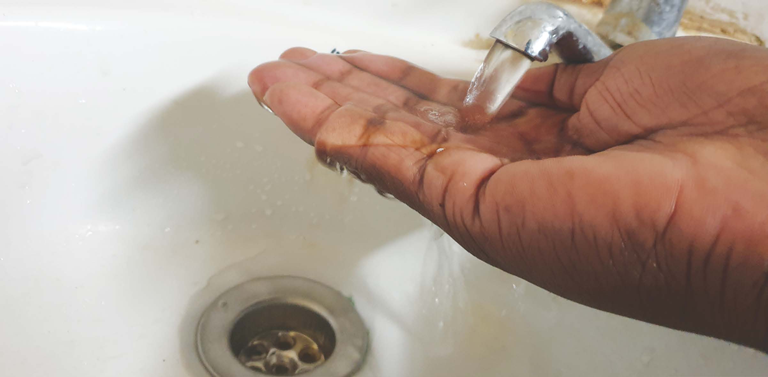Poor Freddy aid harvest
A Unicef-led global plea to help around 5.9 million Malawians cope with humanitarian emergencies this year has only achieved 20 percent of its target, leaving the country with a $68.1 million (K70 billion) deficit.
The poor aid flow could lead to starvation of 2.95 million children of the targeted population, cripple the fight against cholera and the improvement of water, sanitation and hygiene services in affected communities.
The appeal, launched in May, seeks to generate $87.7 million (K90.3bn) to enable Unicef, government and partners to deliver coordinated response in the aftermath of cholera outbreak and Cyclone Freddy triggered floods.
However, according to the latest Unicef Humanitarian Situation Report published on 12 July, donors have pumped in $18 million (K18.5 billion), prompting uncertainty over humanitarian support for the targeted survivors.
Reads the update in part: “As of 30 June, a funding gap of $68.1 million remains. Malawi needs urgent flexible, multi-year funding to continue delivering integrated packages of support for children’s survival, protection, and education while building community resilience.”
According to the report published on the United Nations run website https://reliefweb.int, the funds are aimed at supporting sectors such as health, water, sanitation and hygiene, nutrition, supply and logistics in 2023 alone.
Though the current cholera outbreak, which has infected 58 912, and killed 1 763, is disappearing from the health radar, Unicef says it is still active in the Lower Shire districts.

“Unicef will prioritise support in these remaining sites with an integrated package of response interventions. Cholera cases continue to increase, with 55 percent from Chikwawa and Nsanje districts,” reads the report.
According to the Malawi Shelter and Camp Management Cluster Update issued on June 19 2023, there are still 49 active camps housing a total of 82 181 people.
Out of the camps, 25 have been identified for relocation to new sites, while 11 will receive longer-term support in their current locations.
“More than 55 per cent of the active camps are in Chikwawa and Nsanje districts. Unicef will prioritise support to these 36 sites for the emergency response,” Unicef explains in the report.
Meanwhile, Unicef Malawi representative Shadrack Omol in a response to our questionnaire expressed optimism that they will secure additional resources.
“Unicef remains optimistic that donors and partners will prioritise the life-saving needs for the most vulnerable children and allocate the funds needed,” he said.
He, however, warned that failure to get the required support will result in suffering, mostly among children.
“Even before the floods, children in the affected areas needed accelerated action by all partners to provide them with basic social services, including access to quality primary health care, adequate nutritional services, safe drinking water and quality learning opportunities.
“The floods have damaged physical infrastructure, including health centres, water points and classrooms. Urgent action is needed to restore these services and restore the social services to all children.
“While progress has been made on containing the cholera outbreak, urgent action is needed to fully contain it,” Omol said.
Meanwhile, some of the Cyclone Freddy survivors at Bangula Evacuation Camp in Nsanje District have bemoaned the food shortage they are experiencing.
Speaking during the meeting that Non-Governmental Organisations – Gender Coordination Network organised recently, camp management committee, chairperson Stella Davie said the situation is getting out of hand.
Agreeing with Davie, group village head Kalonga from the area of Senior Chief Mlolo said government should do something to prevent people from dying of hunger at the camp.
Kalonga also asked the district council to expedite their relocation to enable them start new lease of life.
But in a response to a questionnaire, Department of Disaster Management Affairs (Dodma) public relations officer Chipiliro Khamula said aid has been flowing towards Dodma, but has been slow due to the unfavourable world economic situation and the magnitude of destruction Cyclone Freddy caused
In the 2023/24 budget, Treasury increased the allocation to the Unforeseen Expenditure vote by K3 billion expanding it to K5 billion.
Minister of Finance and Economic Affairs Sosten Gwengwe said the funds were increased to create a financial buffer for response to Cyclone Freddy.





